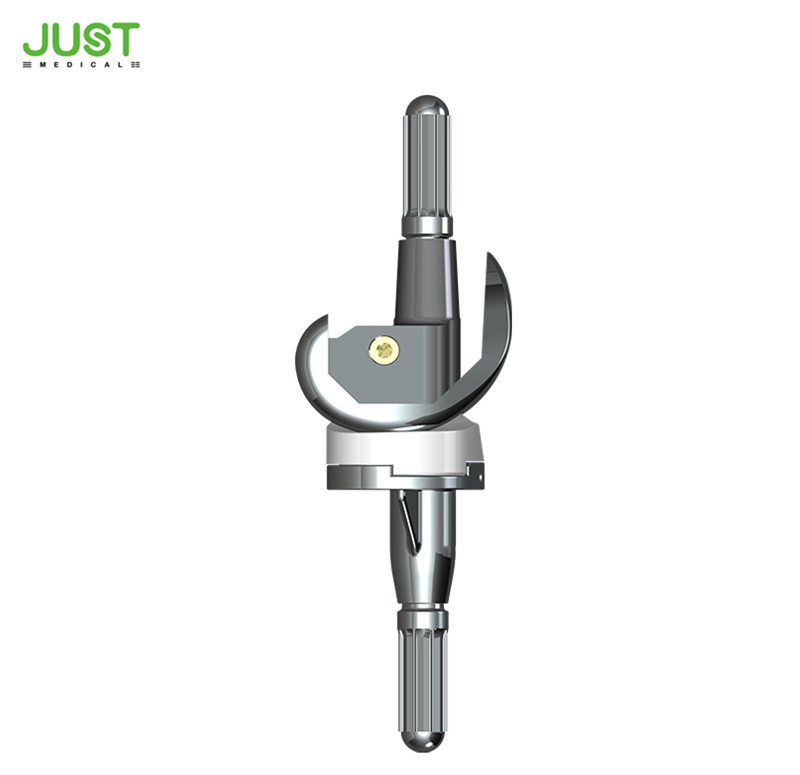How Patient's Own Factors Affect the Survival Time of Joint Replacement Prosthesis
 May. 08, 2020
May. 08, 2020
At present, there are more and more patients with joint replacement (total knee surface replacement, unicondylar replacement, hinged knee replacement, total hip replacement), and the survival time of joint replacement includes patient factors, doctor factors and prosthetic factors. Joint prosthesis manufacturer shares with you.
In 2019, Boyer Bertrand and other scholars published a report in Orthopaedics & Traumatology: Surgery & Research. They analyzed 63619 joint replacements, including 30733 total hip replacements, 28583 total knee surface replacements, 3754 unicondylar replacements, and 649 hinge knee replacements, with an average follow-up of 5 years. The patient factors included age, gender, body mass index (BMI), diabetes, and body weight. What are their meaningful discoveries?
1. Factors affecting the survival time of total hip replacement prosthesis (with revision as the end point)
(1) Factors affecting overall renovation: age, gender, diabetes, weight
(2) Factors affecting the revision of infectious loosening: age, diabetes,
(3) Factors affecting the revision of aseptic loosening: age, gender, diabetes, weight

2. Factors affecting the survival time of total knee surface replacement prosthesis (with revision as the end point)
(1) Factors affecting overall renovation: age
(2) Factors affecting the revision of infectious loosening: age and gender, but attention should be paid to the potential impact of diabetes (P = 0.0682)
(3) Factors affecting the repair of aseptic looseness: age
3. Factors affecting the survival time of knee unicondylar replacement prosthesis (with revision as the end point)
(1) Factors affecting overall renovation: gender
(2) Factors affecting infectious loosening leading to revision: age, gender
(3) Factors affecting the repair of aseptic looseness: age, gender
4. Factors affecting the survival time of hinged knee replacement prosthesis (with revision as the end point)
(1) Factors affecting the overall renovation: none have any impact, but attention should be paid to the potential impact of gender (P = 0.0593)
(2) Factors affecting the repair of aseptic looseness: age, gender
To sum up
Gender, age and diabetes affect the survival time of lower limb joint replacement prosthesis, while BMI has no effect, but bodyweight affects the survival time of total hip replacement prosthesis. Therefore, we should explain to the patients before the operation; in addition, when we do the survival study of joint replacement prosthesis, we need to describe the gender, age, and diabetes status in detail to avoid the incomparability of the patient base.













